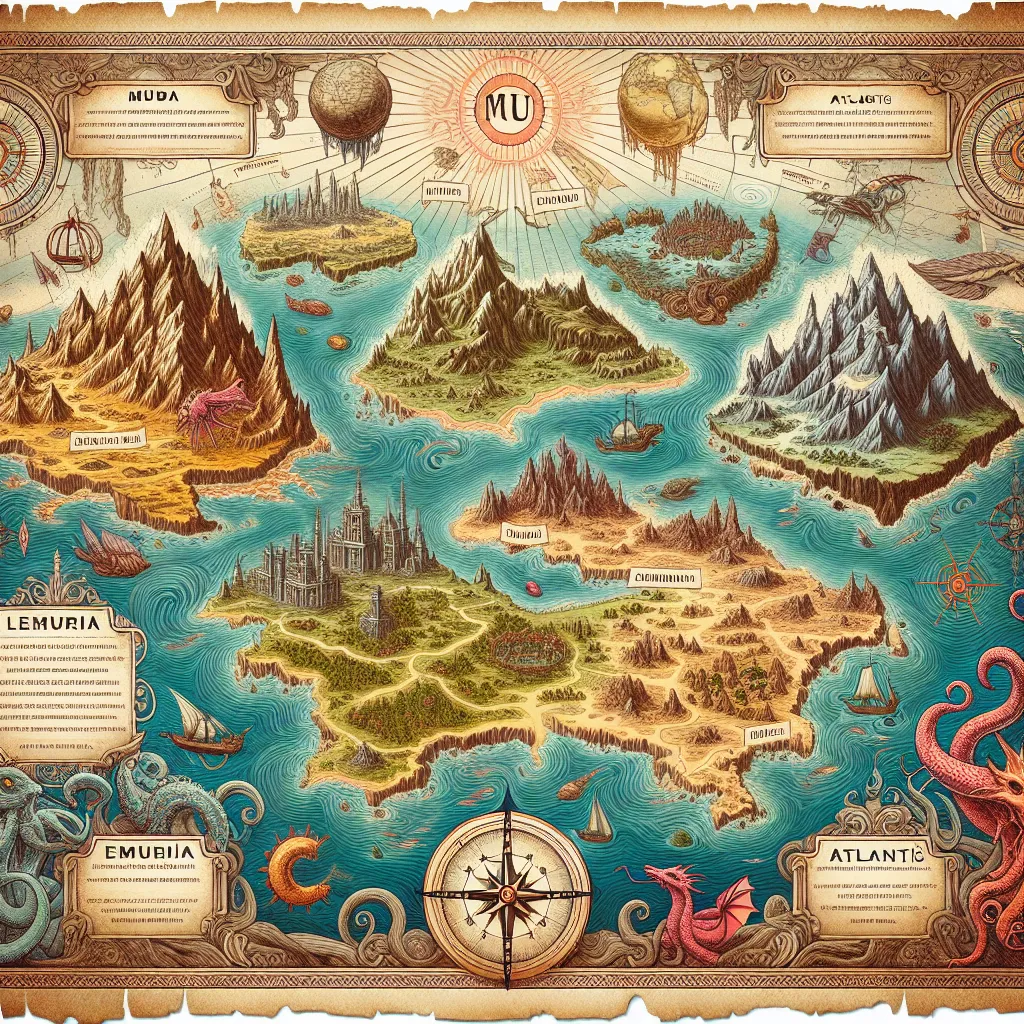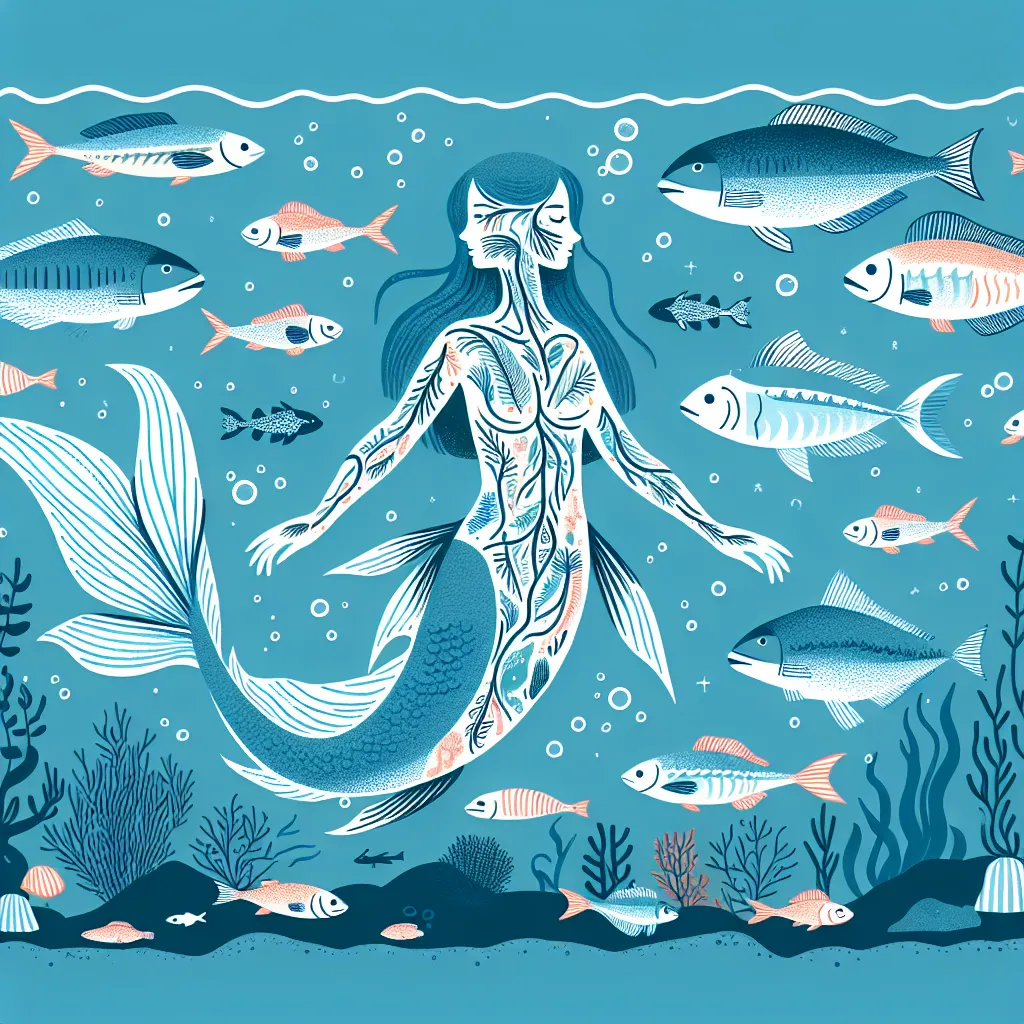Ask AI on The Internet
The concepts of Mu, Lemuria, and Atlantis are all rooted in myth, legend, and speculative theories rather than solid historical evidence. Each has distinct origins and narratives: 1. **Atlantis:** The story of Atlantis originates with the ancient Greek philosopher Plato, who described it in his dialogues "Timaeus" and "Critias" as a powerful and advanced civilization that sank into the ocean around 9,000 years before his time. Plato's account is often considered allegorical, though some have taken it literally and speculated on its possible historical basis. 2. **Mu:** The idea of Mu comes from the 19th-century writings of Augustus Le Plongeon, who suggested that an ancient lost continent existed in the Pacific Ocean. Le Plongeon based his ideas on his interpretation of Mayan texts, although his theories are not supported by mainstream archaeology or geology. 3. **Lemuria:** Lemuria was hypothesized by 19th-century scientists to explain similarities between fauna found in India and Madagascar. The name Lemuria comes from the lemur, an animal native to Madagascar. The continental drift theory later provided a better explanation for these biological similarities, thereby rendering the idea of Lemuria largely obsolete in scientific terms. However, it has persisted in esoteric and pseudoscientific literature. These three mythical places—Mu, Lemuria, and Atlantis—are not typically considered part of a single narrative in historical texts. Each represents a different category of lost civilizations and exists largely in the realm of speculative fiction, pseudohistory, and fantasy. While some modern interpretations and new-age beliefs might conflate or connect these myths, traditionally they are separate and distinct legends.
Think your answer is better than the AI's? Post it below.
Question Tags
If you want your question answered by an AI, click here.







Post your own comment: